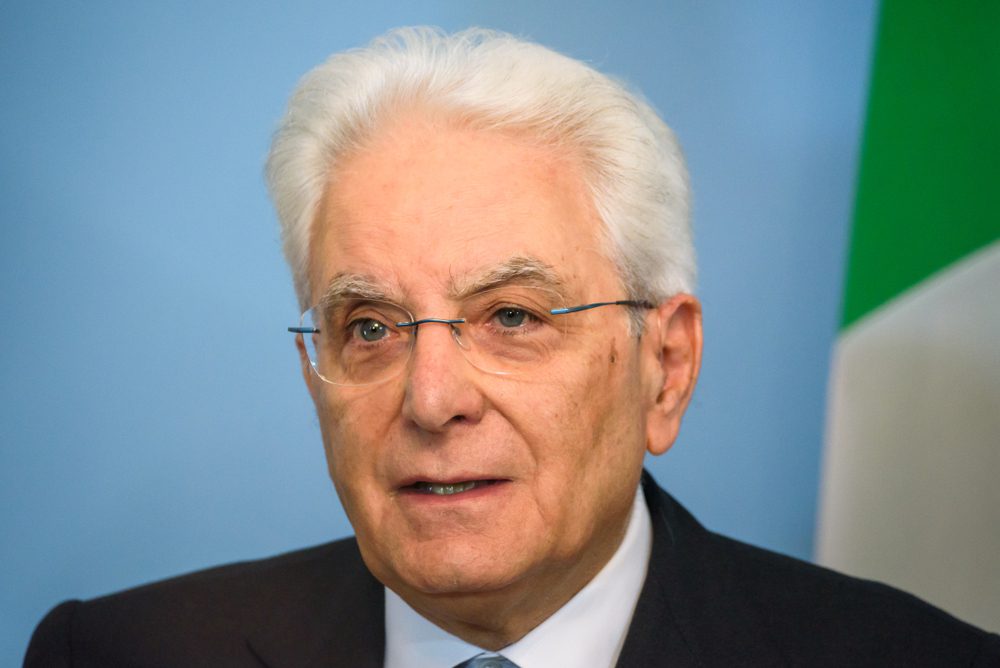
Following the defection of three parties from the government coalition—Lega, Forza Italia, and the Five Star Movement—Italian Prime Minister Mario Draghi failed to secure a vote of confidence to remain in office and submitted his resignation to President Mattarella. This time, unlike the events that unfolded on July 14th, the president accepted it, judging, in his words, that the situation showed “the lack of parliamentary support for the government and the absence of prospects for a new majority.”
The immediate consequence of Draghi’s resignation was Mattarella’s announcement on Thursday, July 21st, of the dissolution of Parliament. Early legislative elections will therefore be held in the autumn, presumably on September 25th. For Mattarella, dissolution was the “last option,” one he would have avoided at all costs, as shown by his decision, initially, to keep Draghi in office. But the anti-Draghi rebellion of the parliamentarians ended up making any other alternative impossible.
In the September elections, which will renew both the Senate and the Chamber of Deputies, the right-wing coalition—comprising Matteo Salvini’s party, the Lega, Giorgia Meloni’s party, Fratelli d’Italia, and Silvio Berlusconi’s party, Forza Italia—is the overwhelming favourite. According to a poll published on July 18th, Giorgia Meloni’s party leads the poll with 24% of the vote, ahead of the left-wing Democratic Party, which has 22%. Meloni’s rival and comrade-in-arms, Salvini, would get 14%. The Five Star Movement (S5M), whose successive reversals have displeased Italian public opinion, would only get 11% of the vote.
Following Draghi’s resignation, which was feared by both the European authorities and the financial markets, Italy is entering a turbulent period that will have consequences for the euro and the European Union as a whole. Italy was counting heavily on the €200 billion of the European post-pandemic emergency plan, of which it is, along with Spain, the first beneficiary.
Mario Draghi was seen in Brussels as the indispensable guarantor of confidence, because of his determination to carry out reforms designed to put Italy back on the right track, while the country is burdened by an abysmal debt. Draghi’s ability to reform the Italian state and use European funds to revive the economy was seen, particularly in Berlin, as a real test of the merits of this new European solidarity mechanism—a recovery plan financed by a common debt. All these prospects collapsed like a house of cards. President Mattarella advocates for responsibility from the Italian political class, “to guarantee the increasingly necessary collaboration at the European and international level.”
